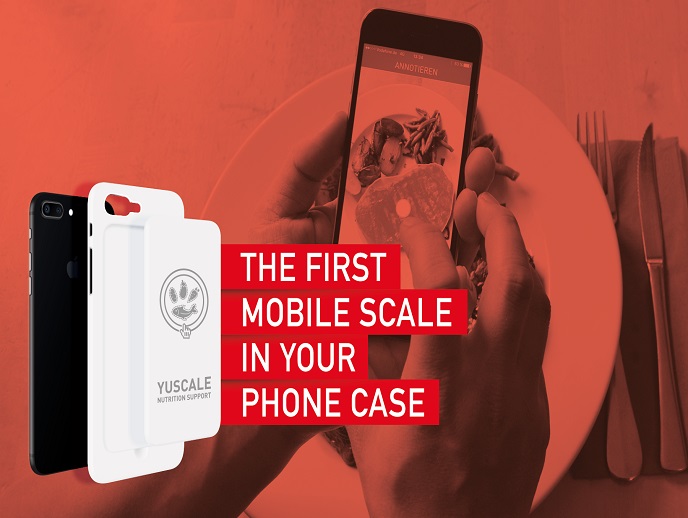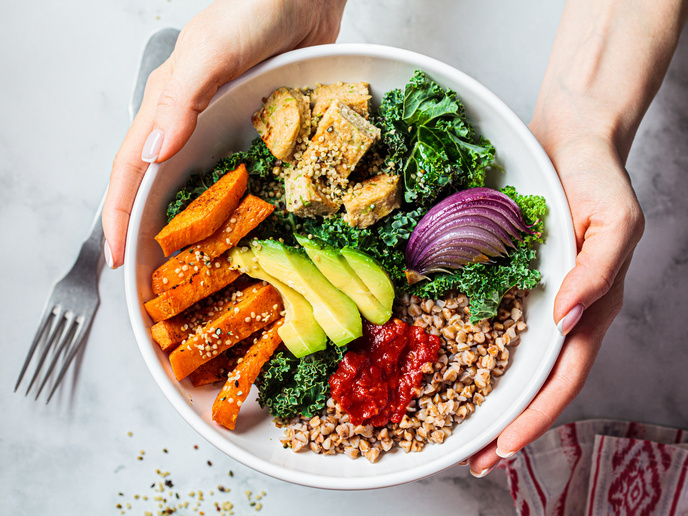Food photograph reveals important information for diabetics
Nutrition is central to health. Imbalance causes many of today’s common diseases. These were virtually unknown during previous eras when people ate in healthier ways. To maintain a balance, tracking intake has become common. For this, consumers use various reference sources, including phone apps. The key parameter is usually quantity. Diabetics in particular need this information, relating to carbohydrates, to calculate the amount of insulin they must inject. Yet, quantities can be difficult to estimate. Inaccuracies lead to miscalculation and potentially severe health consequences. The solution is to weigh everything. Although possible at home, this is difficult or impossible elsewhere. To make things easier, the EU-funded YuScale(opens in new window) project developed a paired portable scale and phone app that together calculate quantities. The study examined and validated the company’s business model, plus revised the prototype product according to consumer needs. At the table The process is simple. First the user weighs a dish, including plate, using the project’s portable scale. This is the size of a slim mobile phone, and conveniently attaches to the back of a special phone case. Using YuScale’s linked phone app, AutoNutri, the user takes two photos of the food. The app analyses them, using a point cloud, to determine the respective volumes of the meal’s constituents. The user helps to identify the components by choosing from a database. Then they eat the meal, finally weighing the plate again. The app calculates how much was consumed and provides the nutritional breakdown of that amount. The weighing process takes about a minute and can be done discreetly. Development and sales With help from 50 pilot users of early product versions, researchers validated the prototype and its usability. Initial tests and simulations have shown that in 70-80 % of cases, the system delivers an accuracy of 80-90 %. Development was not completely smooth. “Our most important outcome was finding out that we made an absolute beginner’s mistake,” says project leader Kim Kreutz. “We worked on too complicated an app version for a long time, which burned up a lot of resources.” So, the team refined and simplified the product, focusing on hardware. Researchers are preparing a first commercial batch of the product. This will be released around the middle of 2019, and the team aims to sell 5 000 units before the year’s end. Doing so will help the company further evaluate sales channels and customer acceptance. The first release will target lifestyle users. They have an affinity for fitness and health, and often already use nutrition apps. Such users are intrinsically motivated, and likely to purchase nutritional products and services. In the medium term, YuScale will also target medical users, including diabetics. “To achieve this,” says Kreutz, “it is essential that we develop a product that is simple to use, highly precise, totally reliable, and seamlessly integrable into everyday life.” People with real needs to accurately monitor their intake will be able to simply do so. The YuScale system stands alone, but it will also create opportunities to support and optimise existing therapies.







